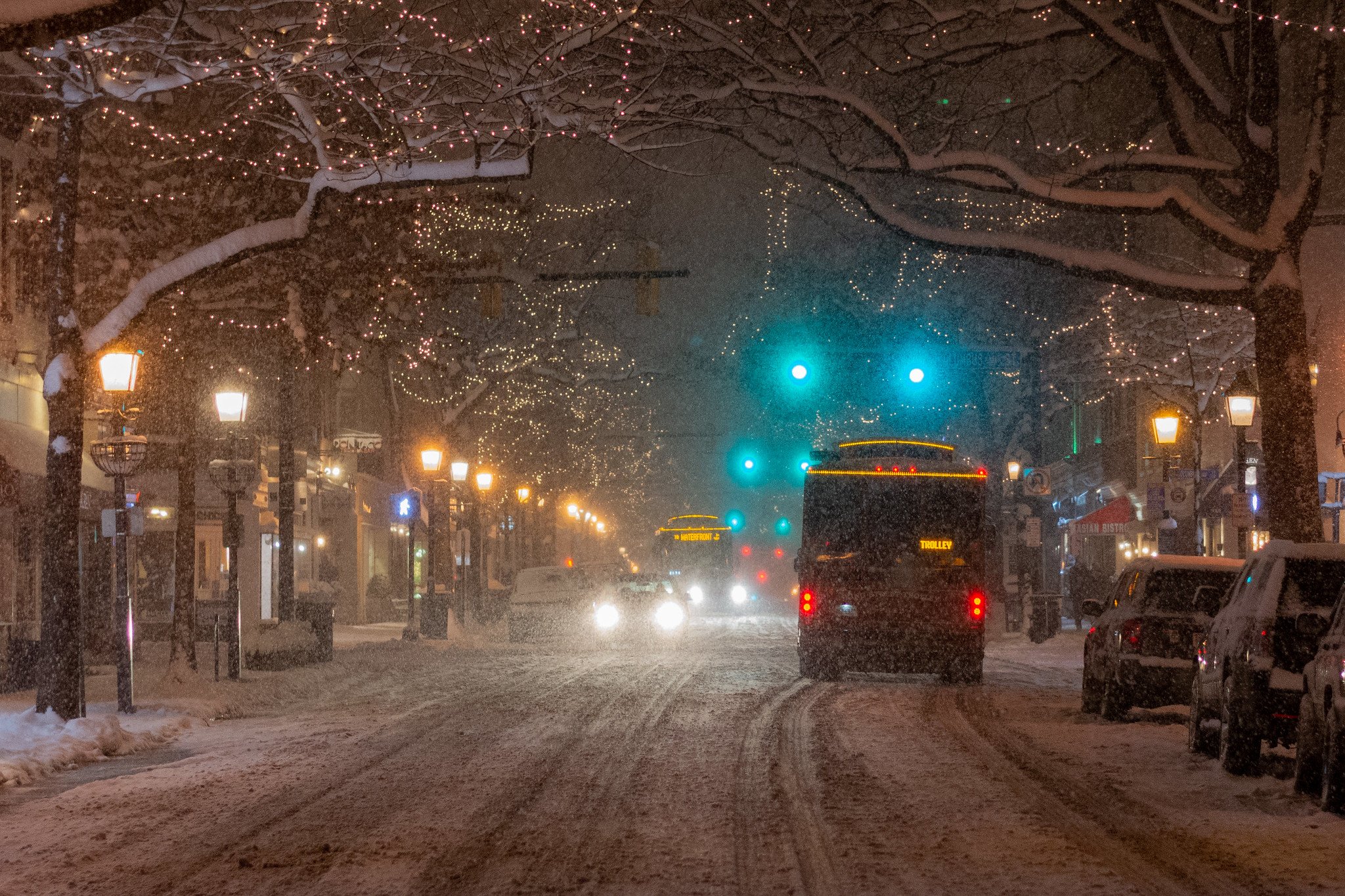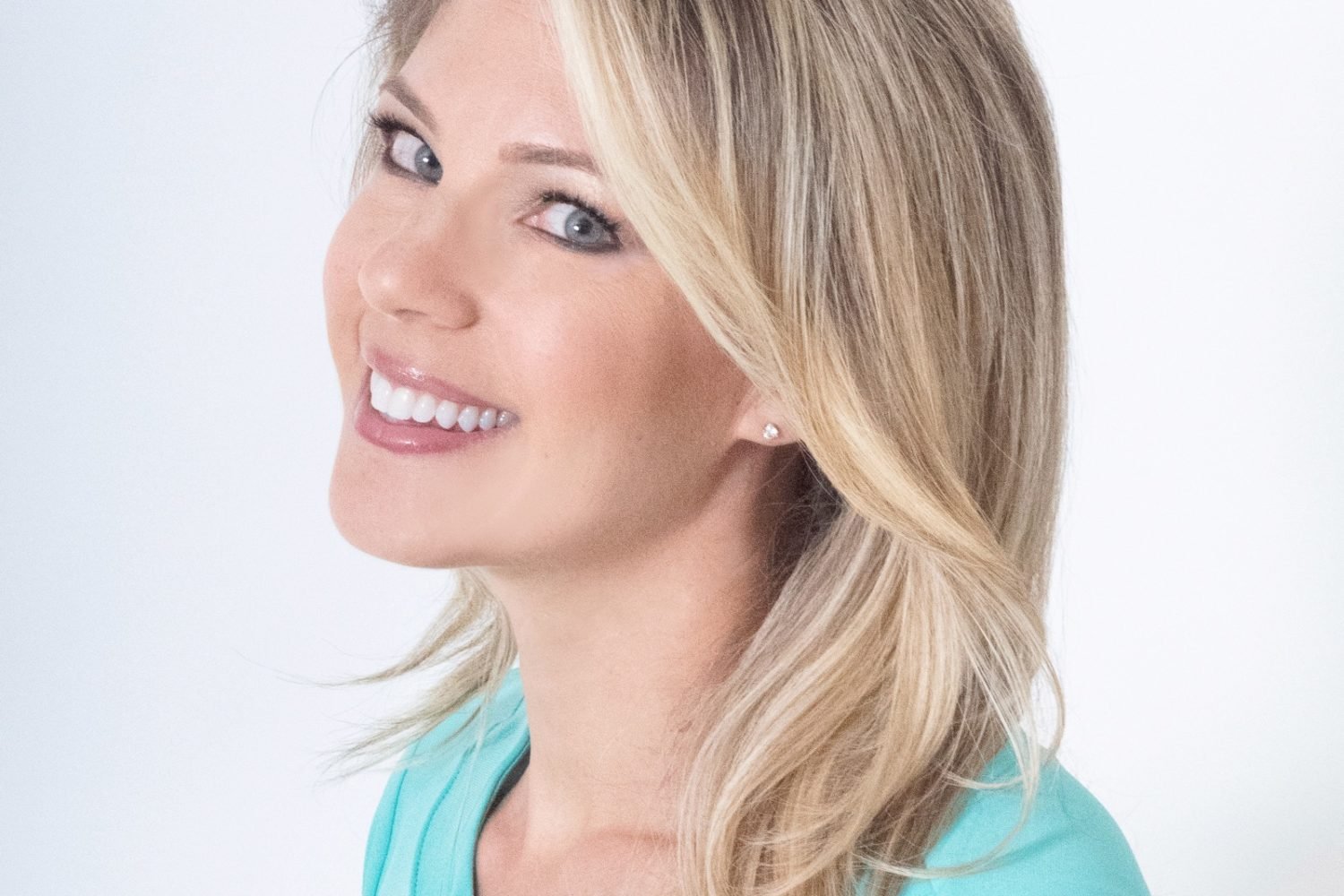On the ninth day of Christmas, better known as January 2, Alexandria public-school students received a lump of coal: No in-person school Monday due to snow (YES!) but learning would take place virtually instead (ARGH!). They were joined in their torment by many of the region’s federal workers—government offices are closed, but employees who are already teleworking were expected to log on, whether their kids were out of school or not.
The logic behind snow days fundamentally changed during the pandemic. Offices had to figure out how to continue their work and school systems had to learn how to conduct classes online. Now, with that infrastructure still in place, why burn a business day or give up an instruction day you may have to make up later? As Alexandria’s schools wrote to students and families late last year, “Our goal is to support continuity of learning while also preserving any future days when schools may need to close.”
(Full disclosure: My teenage children both attend Alexandria public schools and are asleep at press time, claiming they’re not required to “check in” till later because today is scheduled for “asynchronous learning”—meaning kids work independently—rather than the virtual classes they had for much of the pandemic. I’m not in any rush to get involved with this situation.)
Alexandria’s an early adopter of the no-snow-day movement, but it has a lot of company. School systems around the country, including Montgomery County, have explored getting rid of snow days. Virginia passed a law in 2020 that empowered districts to declare virtual-learning days.
Others are holding out. Mahwah Township in New Jersey, USA Today reported in late 2020, said it would preserve snow days as “chances for on-site learners and virtual learners to just be kids by playing in the snow, baking cookies, reading books and watching a good movie.” Fairfax’s school system said at the same time that it anticipated maintaining “‘typical’ snow days as we have had in past years,” adding, “As with any inclement weather event, each one is very different than the other, and they can present unique challenges for our students, staff, and community.”



















